10 Ayurvedic Herbs That Are Scientifically Proven To Reduce Pain & Swelling Naturally.
| Authored by: Adeeba |
| Reviewed by: Kapil Dhameja |
| Estimated Reading Time: 5 minutes |
Everyone deals with pain and swelling at some point in life, after a hard day, sitting too long, during periods, after working out, or just because stress likes to mess with your body. Quick painkillers are nice, but they don't always fix the real problem. Ayurveda sees things differently. Pain isn't random, it's a heads-up that your doshas, your natural balance, needs some love.
That's where Ayurvedic herbs are great. People have used them for ages to calm swelling, loosen stiff muscles, ease nerve pain, and help with healing. What's cool is that a lot of these herbs now have science to back them up, which gives us a mix of old wisdom and what we know now.
|
Table of Contents |
What Causes Pain & Swelling? - Ayurveda & Science
Pain and swelling might seem random, but both Ayurveda and science say they're your body's way of saying something's not right, you're off balance or stressed. Ayurveda says most pain starts when your Vata dosha is off. Vata controls movement in your body, like your joints, nerves, muscles, and blood flow. If Vata's messed up from sitting too long, too much work, cold, bad sleep, or stress, you get stiff, achy, cramped, or have nerve pain.
Also, if your Pitta goes out of balance, you could get inflamed, hot, red, and swollen muscles or joints. Ayurveda also talks about Ama, which builds up when you can't digest food well. Ama clogs things up, makes you feel heavy and swollen, and slows your blood flow, making pain worse and sticking around.
Science says that when you're strained, hurt, or irritated, your body sends out chemicals (prostaglandins and cytokines) that cause swelling, soreness, and warmth. If you're tired, have tiny muscle tears after a workout, don't move, have pinched nerves, or poor blood flow, you might have long-lasting pain. Things like arthritis, tendonitis, migraines, period cramps, or sciatica, happen when swelling keeps coming back or won't quit. It is seen that both Ayurveda and modern medicine agree that stress, not moving enough, bad digestion, and getting older can make pain happen more often and feel worse.
So, pain or swelling isn't just random, it's your body saying it needs some care and to get back in balance. Ayurvedic herbs can help with both the old dosha idea and the modern stuff about inflammation and tissue repair.
How Ayurvedic Herbs Can Help You Feel Better
Ayurvedic herbs can ease pain and swelling gently. Instead of just stopping pain, they try to fix what's causing it.
Tackling Swelling
Many Ayurvedic herbs affect swelling kind of like regular medicine, but they're easier on your system. Take turmeric, for example. It has curcumin, which can stop swelling enzymes. Boswellia (Shallaki) has boswellic acids that block 5-lipoxygenase, a major enzyme that causes swelling. Studies show that Boswellia helps you move better and have less pain if you have arthritis.
Helping Your Body Defend Itself
Some herbs help your body clean out bad stuff (ama) that worsen swelling. Guggul (Commiphora mukul) is full of stuff to fight swelling. It can lower swelling markers seen in tests. By moving stuff around, these herbs help your immune system calm down.
Calming Nerves and Stress Pain
If you're stressed or your Vata dosha is off, it can cause pain, nerve pain, and muscle spasms. Ashwagandha is a great herb that helps in two ways. It calms stress hormones (like cortisol) and stops swelling that makes pain worse. Because of this, it helps your nerves and your body's swelling and brings down pain, tension, and swelling.
Getting Blood Flowing and Fixing Tissue
Good blood flow is key for getting better. Herbs like Ginger not only lower swelling but also increase blood flow. This will help your body with stiffness and help your tissues heal faster. When blood flows better, oxygen and nutrients get to inflamed areas better, which speeds up healing and reduces swelling from pain.
Protecting You from Damage
Many Ayurvedic pain herbs have ingredients that can protect you from damage. This is what causes long-term swelling. Ashwagandha, for instance, increases protective enzymes while lowering free radicals, which limits tissue damage for good. This slows the swelling cycle.
10 Ayurvedic Herbs with Proof They Reduce Pain & Swelling

Ayurveda has many herbs with anti-inflammatory, pain-relieving, and natural healing stuff. Even better, most of these herbs are backed by studies, especially for arthritis, muscle pain, nerve pain, swelling from injury, and even long-term swelling.
1. Turmeric (Haldi): The Top Anti-Inflammatory Herb
Turmeric is famous in Ayurveda and is used widely in modern international medical research. Curcumin, turmeric's active ingredient, acts like a COX-2 inhibitor, the same as common painkillers but without the side effects. Studies show curcumin lowers swelling and lessens oxidative stress, making joints move better. It's useful for long-term pain, arthritis, swelling after injury, and auto-immune swelling.
2. Ginger (Adrak): Nature's Heating Pad
Ginger has gingerols and shogaols, which reduce swelling, better blood flow, and relax tight muscles. Ayurveda uses ginger to fix Vata and Kapha problems with stiffness, back pain, migraines, joint pain, and period cramps. Studies confirm that ginger works as a natural anti-inflammatory for muscle soreness after exercise and knee pain from osteoarthritis.
3. Boswellia Serrata (Shallaki): The Pain Expert
Boswellia can really change the 5-lipoxygenase pathway, which lowers leukotrienes that cause deep inflammatory pain. It's great for arthritis, tendonitis, swelling, and inflammatory bowel stuff. Research shows that Boswellia extracts help joints move better, reduce swelling, and ease long-term stiffness.
4. Ashwagandha: For easing Pain from Stress & Helping You Heal
Ashwagandha doesn't just reduce swelling, it also helps manage stress. Stress can really make long-lasting pain worse, things like migraines, fibromyalgia, stiff muscles, and nerve pain. Ashwagandha has withanolides in it, and these guys calm down the stuff in your body that causes swelling and lower cortisol. When that happens, your body can heal better.
5. Guggul: Cleansing and Reducing Swelling
People have been using Guggul for ages to deal with rheumatoid arthritis, swollen joints, and stiff tissues. Research says it lowers CRP, blocks swelling pathways, and helps with detox. Ayurveda folks say Guggul can really help with ongoing swelling and pain that gets worse over time. It gets rid of ama, which they believe causes swelling and stiffness.
6. Nirgundi (Vitex Negundo): Great for Nerve and Muscle Pain
Ayurveda uses nirgundi a lot for things like back pain, sciatica, spasms, and sore nerves. It helps with swelling, relaxes muscles, and gets your blood flowing better. People usually rub it on like oil, and it can quickly help with swelling, bruises, and sprains. Research shows that it has things that help with arthritis, stop pain, and fight swelling.
7. Dashmool: A Calming Mix of Ten root herbs
This Ayurvedic combination can help with joint pain, nerve pain, stiffness, and swelling that won't go away. It helps with pain, fights swelling, relaxes muscles, and supports nerves. It can help with arthritis, back pain, and injuries that cause deep pain and swelling.
8. Bala (Sida Cordifolia): Makes Muscles and Nerves Stronger
Bala can help you recover from injuries, make weak muscles stronger, and ease nerve pain. Bala helps you get better after an injury, strengthens weak muscles, and eases nerve pain. It's a natural painkiller and anti-inflammatory, so it can help with sports injuries, general weakness, and pain from being tired for a long time. Bala oil is great for problems with the lower back and sciatica.
9. Shunthi (dry ginger) for cramps and swelling
Dried ginger is better than fresh ginger. It can help with stomach aches, period cramps, and stiff muscles by getting your blood moving and reducing swelling. So, it works for swelling caused by infections, injuries, or holding on to water.
10. Manjistha: Reduces swelling, inflammation, and skin pain
Manjistha helps get rid of swelling and clean your blood. It helps with lymphatic issues, swelling of the tissue, and general inflammation, it also aids with body detox. People use it for pain linked to gout, skin problems, and ongoing swelling issues.
How to Use These Herbs: A Guide

Knowing the herbs is one thing, but using them safely is what makes Ayurveda work. Ayurveda always says to get the right herb, form, and way to use it. When these come together, the effect on pain and swelling gets better, faster, and more consistent.
Using Herbs as Decoctions (Kadha)
A traditional way to take anti-inflammatory herbs is as a warm mix. This slows how fast the stuff in the herbs releases and helps you absorb it better. For example, boiled ginger-turmeric water or a Dashmool decoction lowers morning stiffness, period pain, or even stomach inflammation. Drinking this regularly will calm Vata and improve blood flow, reducing the dull, lasting pain many people feel in joints and the lower back.
Herbal Powders (Churna) for Daily Balance
Turmeric, ginger, ashwagandha, and manjistha are some helpful herbs that can be taken in powder form. They're usually taken with warm water, milk, or honey, depending on the issue. For example, mixing turmeric and dry ginger in warm water helps with swelling after injury or exercise. Manjistha powder with warm water helps lower inflammatory skin stuff. Ashwagandha powder in milk is really good for people with stress-related body pain and muscle weakness. Ayurveda often suggests powders because they help prevent problems and also heal.
Capsules & Tablets for Busy People
Herbs in capsule form are popular because they're easy to dose, take, and absorb. If you have long-term pain like arthritis, frozen shoulder, or neck problems, Boswellia or Guggul in capsule form are handy. Studies show that these herbs, taken regularly for a couple of weeks, really lower pain. Capsules are most helpful for workers, students, or anyone who can't make decoctions daily but still wants relief.
Topical Oils for Local Pain Relief
Ayurveda really believes in medicated oil massage in cases of pain, swelling, and stiffness. Oil with herbs like Nirgundi, Dashmool, Bala, and Guggul can get to the tissues and relax muscles, blood flow, and lower inflammatory markers in the spot that hurts. Nirgundi oil is great for back pain, sciatica, and sprains, while Bala oil strengthens weak muscles, so it's good after injury. You can warm these oils a bit before using them for better results.
Herbal Pastes (Lepa) for Swelling & Injury
Ayurvedic lepas are thick herbal pastes made by mixing herb powder with warm water, aloe, or oils. They're very useful for swelling, bruises, insect bites, plantar fasciitis, and joint inflammation. Turmeric paste? Great for calming red skin and fast swelling relief. For those deeper muscle knots, try dry ginger paste. And for ongoing joint flare-ups, Dashmool paste can really make a difference.
Pastes work right away and have been used in homes for years.
Infused Ghee (Ghrita) for Internal Healing
Certain herbs work well when put into ghee, which carries the herb stuff into the tissues for great absorption. Common herbs for ghee include turmeric, ashwagandha, and manjistha for better anti-inflammatory effects. These mixes are especially good for body pain, nerve aches, or stiffness from tiredness. A small daily dose of medicinal ghee helps absorption, calms Vata, greases joints, and helps long-term healing.
Warm Compress (Potli or Hot Pack) with Herbal Powders
A warm compress with Nirgundi, dry ginger, or Dashmool works wonders for long-term stiffness and pain in one spot. The heat helps blood vessels, releases tight muscles, and better lymphatic flow. It's simple but really works, especially when used with topical oils. Many Ayurvedic doctors suggest warm compress after oil to help absorption and better healing.
Devtvakadi Pain Oil and Herbal Compress Potli for Joint and Muscular Pain
Herbal Steam-Swedana for Full-Body or Local Relief
Herbal steam is highly suggested in Ayurveda for easing deep pain and swelling. When herbs like Dashmool, eucalyptus, or dry ginger are added to steam, it opens pores, relaxes nerves, and eases long-term inflammation. This is great for arthritis, neck stiffness, frozen shoulders, and a heavy feeling in the body. Even a simple home facial steam with ginger can help sinus headaches and tension in the upper body.
Herbal Balms & Liniments
Newer balms in Ayurveda use classical herbs like camphor, menthol, eucalyptus, and Nirgundi for quick relief. They help with headaches, muscle strain, and stiffness from cold. While not as deep as oils, balms offer fast comfort and can be used when traveling or in emergencies.
Homemade Ayurvedic Massage Oil to Relieve Pain
Ask any Ayurvedic person, “What can I do at home to reduce everyday pain and swelling?” They'll smile and say, " Make good medicated oil.” Using oil is key in Ayurveda because it calms Vata (which causes pain, cracking, dryness, and stiffness) and feeds the joints, muscles, and nerves.
Making your own pain oil is simple, it really works, and you can change it to fit your body.
Relieve Pain with Ayurvedic Pain Relief Products
Why Homemade Oils Work So Well
Homemade oils work because they heal in three ways:
1. Heat: Relaxes tight muscles, improves blood flow.
2. Herbal Stuff: Fights swelling thanks to Nirgundi, dry ginger, turmeric, and garlic.
3. Oil: Sesame or coconut oil gets into the tissues, helping the herbs reach muscles and joints.
Ayurvedic texts say medicated oils clear channels, relieve pain, and balance Vata. That's why even a simple oil can help a lot.
Nirgundi & Garlic Pain Relief Oil: Great for Joint Pain & Swelling
Ingredients:
-
250 ml sesame oil
-
A handful of Nirgundi (Vitex negundo) leaves or 2 tbsp dried
-
6 crushed garlic cloves
-
1 tbsp dry ginger powder
-
1 tsp turmeric
Method: Warm sesame oil on low, add all herbs, and simmer for 8–10 minutes. Cool, strain, and store in glass.
Use: Great for knee pain, frozen shoulder, lower back pain, nerve pain, and swelling.
Dashmool & Ajwain Deep Relief Oil (For Vata Pain, Lower Back Pain & Stiffness)
Ingredients:
-
250 ml sesame oil or mustard oil
-
2 tbsp Dashmool powder
-
1 tsp ajwain
-
1 tsp methi (fenugreek) seeds
Method: Heat oil, add all herbs and simmer for 12–15 minutes. Strain after cooling.
Use: Great for long-term stiffness, muscle spasms, sciatica, and a heavy lower back.
Turmeric & Coconut Anti-Swelling Oil (For light Pain, Inflammation & Post-Exercise Soreness)
Ingredients:
-
200 ml coconut oil
-
1 tbsp turmeric
-
1 tsp black pepper
-
1 tbsp crushed fresh ginger
Method: Gently warm coconut oil, add stuff and simmer for 5–7 minutes. Strain and store.
Use: Best for sore muscles, swelling, period cramps, and light joint pain. Cooling coconut oil calms sensitive people.
Conclusion
Ayurvedic herbs offer simple and natural assistance to facilitate overall health and wellbeing through rebalancing the body. Whether for immunity, digestion, skin or for stress, they operate gently and seamlessly in a holistic way when correctly used. They should be safe at large use, should be mindful and hopefully with guidance. In summary, Ayurvedic herbs take traditional wisdom and couples this to modern wellness practice to sustain long health.
References
https://www.verywellhealth.com/popular-ayurvedic-herbs-88822
https://www.ayurvedjournal.com/
https://pmc.ncbi.nlm.nih.gov/articles/PMC5871155/
https://jaims.in/jaims/article/view/2034/2439
https://pmc.ncbi.nlm.nih.gov/articles/PMC10853397/
https://dmr.amegroups.org/article/view/8443/html
https://pubmed.ncbi.nlm.nih.gov/31121255/?
https://www.frontiersin.org/journals/physiology/articles/10.3389/fphys.2021.735247/full
https://www.ijam.co.in/index.php/ijam/article/view/5583
https://pmc.ncbi.nlm.nih.gov/articles/PMC12297875/
https://pmc.ncbi.nlm.nih.gov/articles/PMC5052364/
https://pmc.ncbi.nlm.nih.gov/articles/PMC9084390/
https://pmc.ncbi.nlm.nih.gov/articles/PMC4395922/


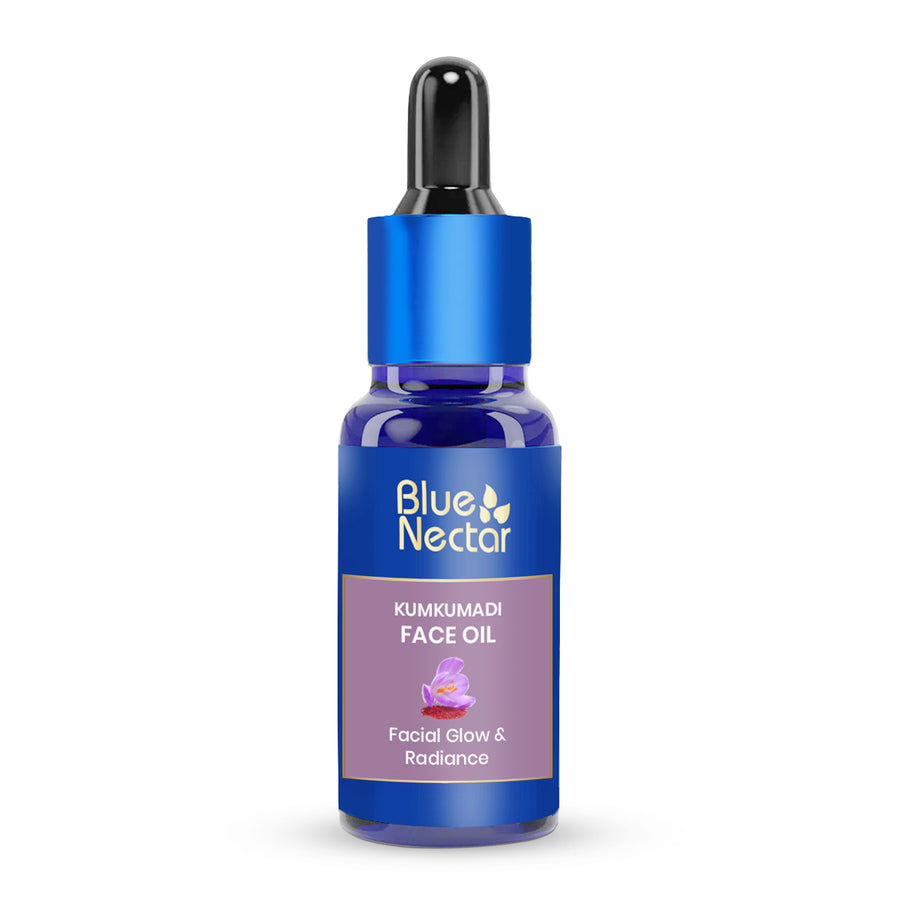
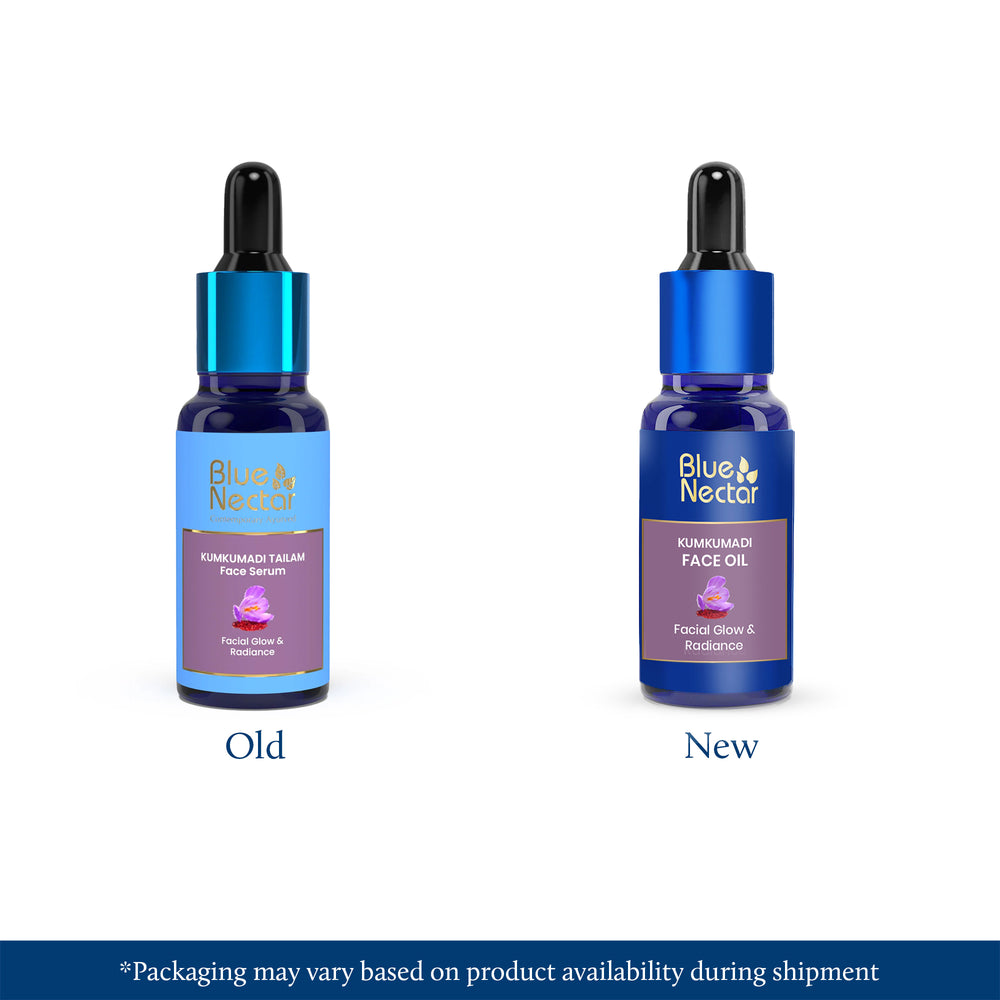
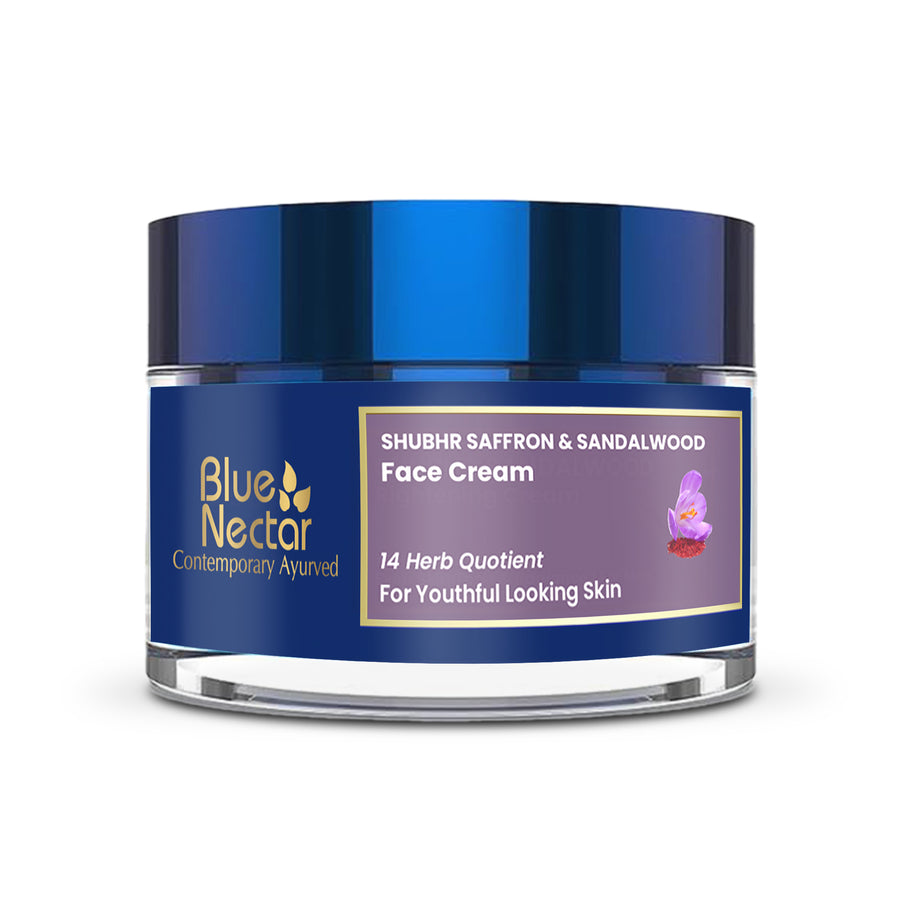
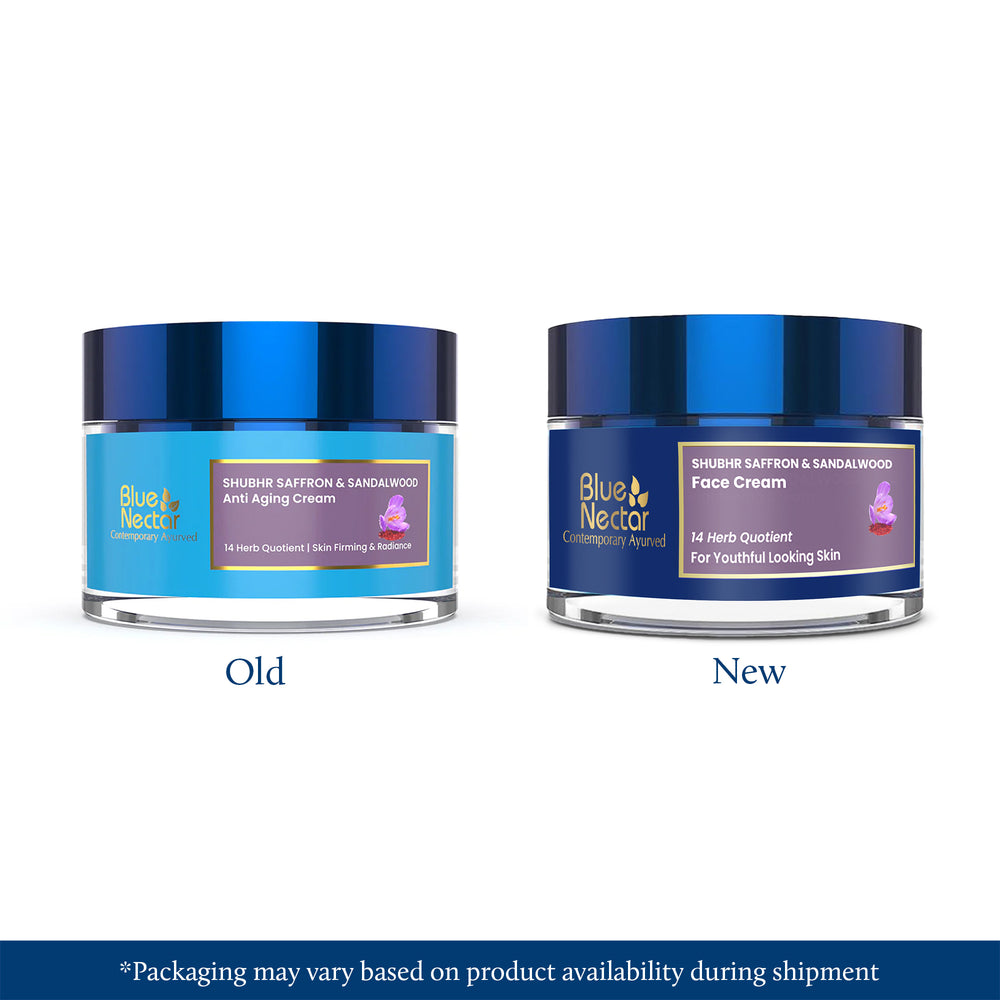
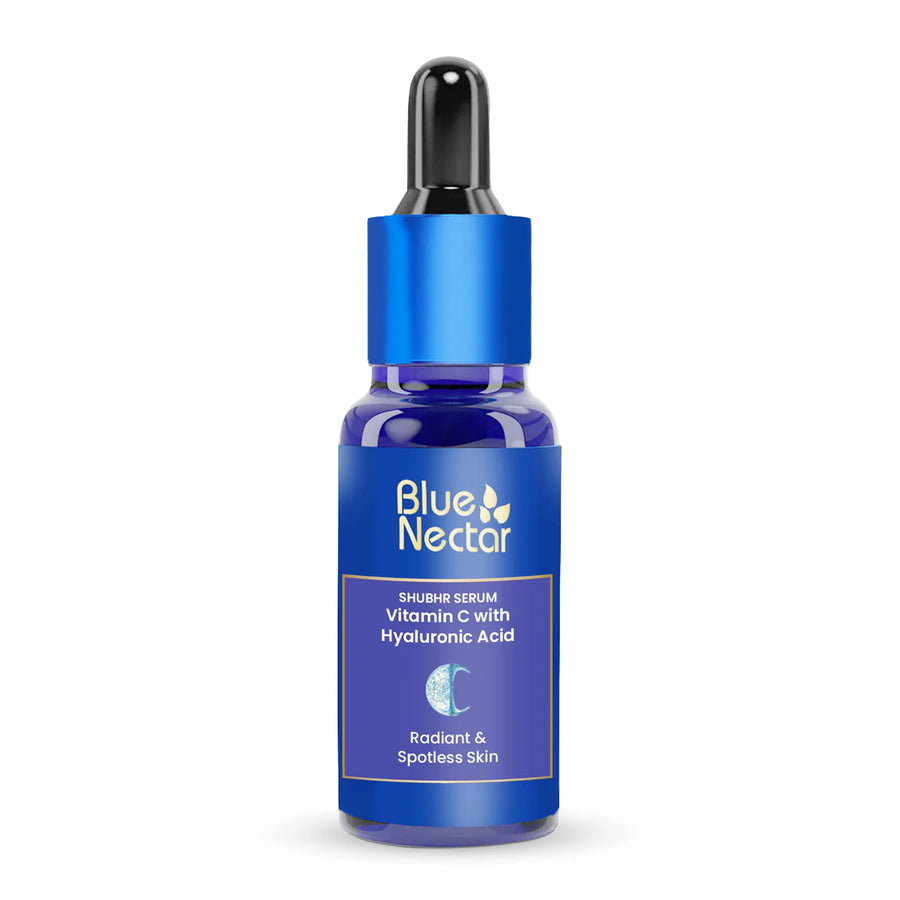
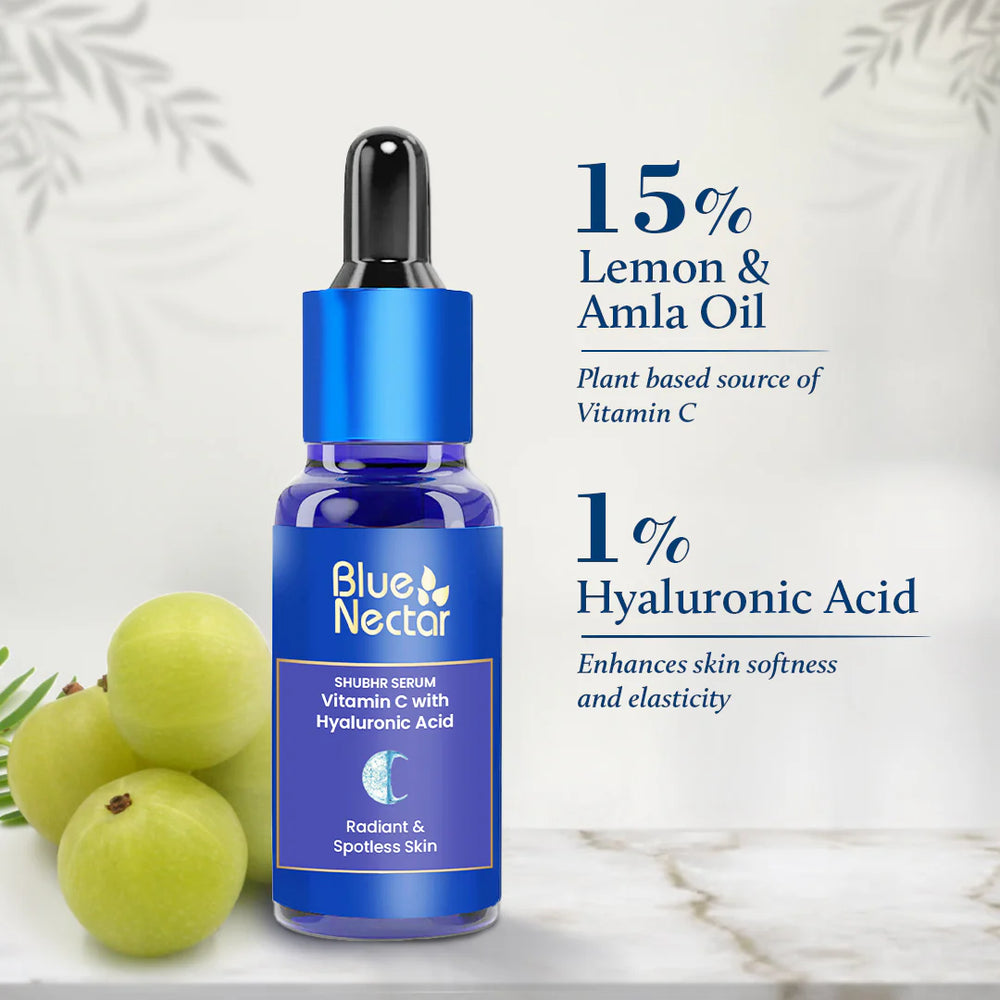
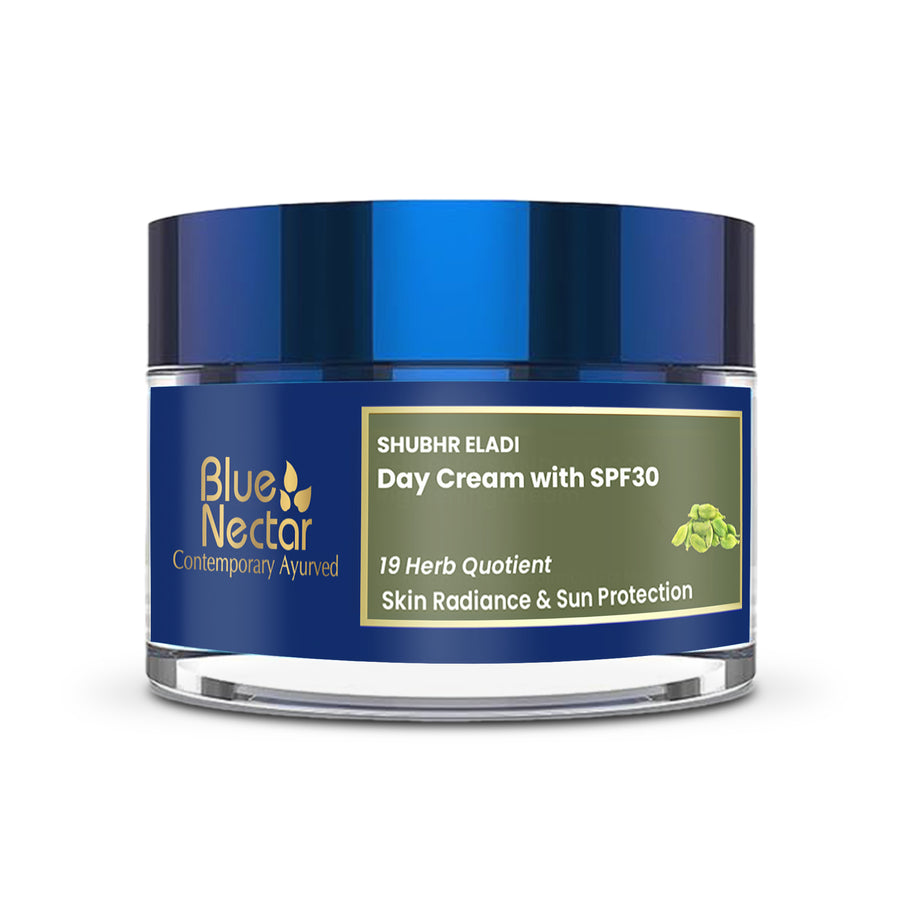
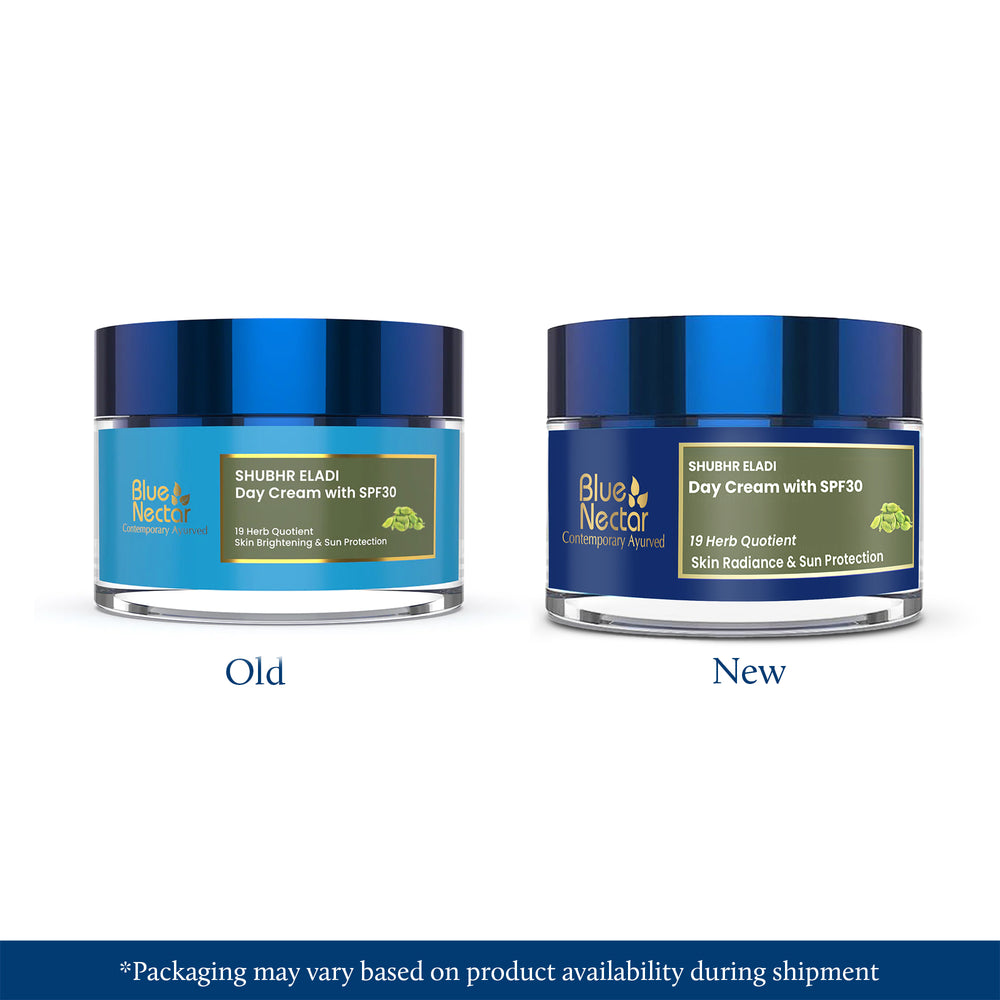
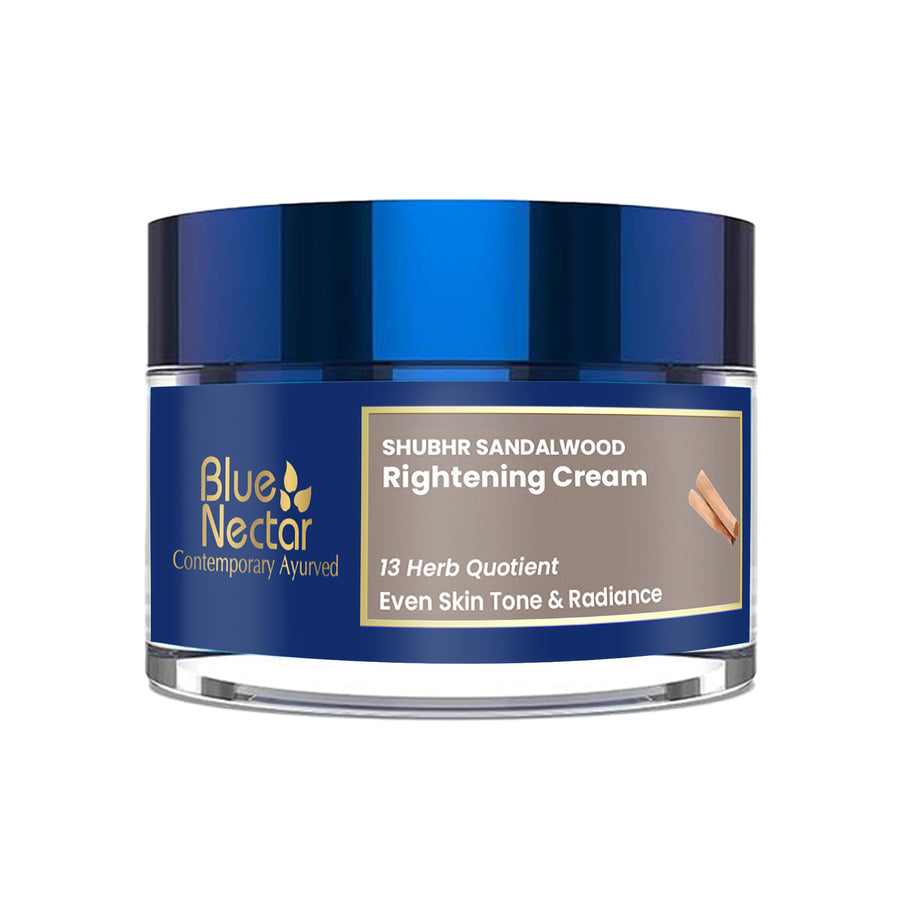
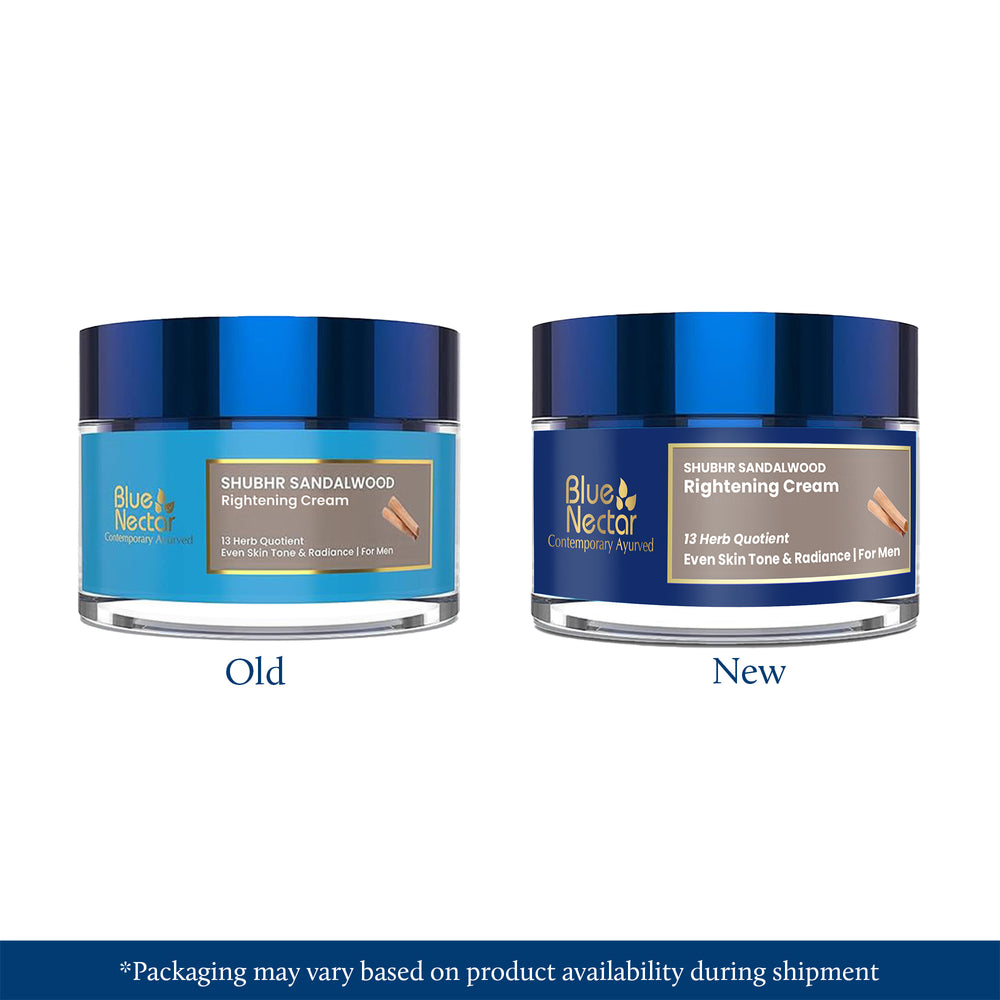




Leave a comment